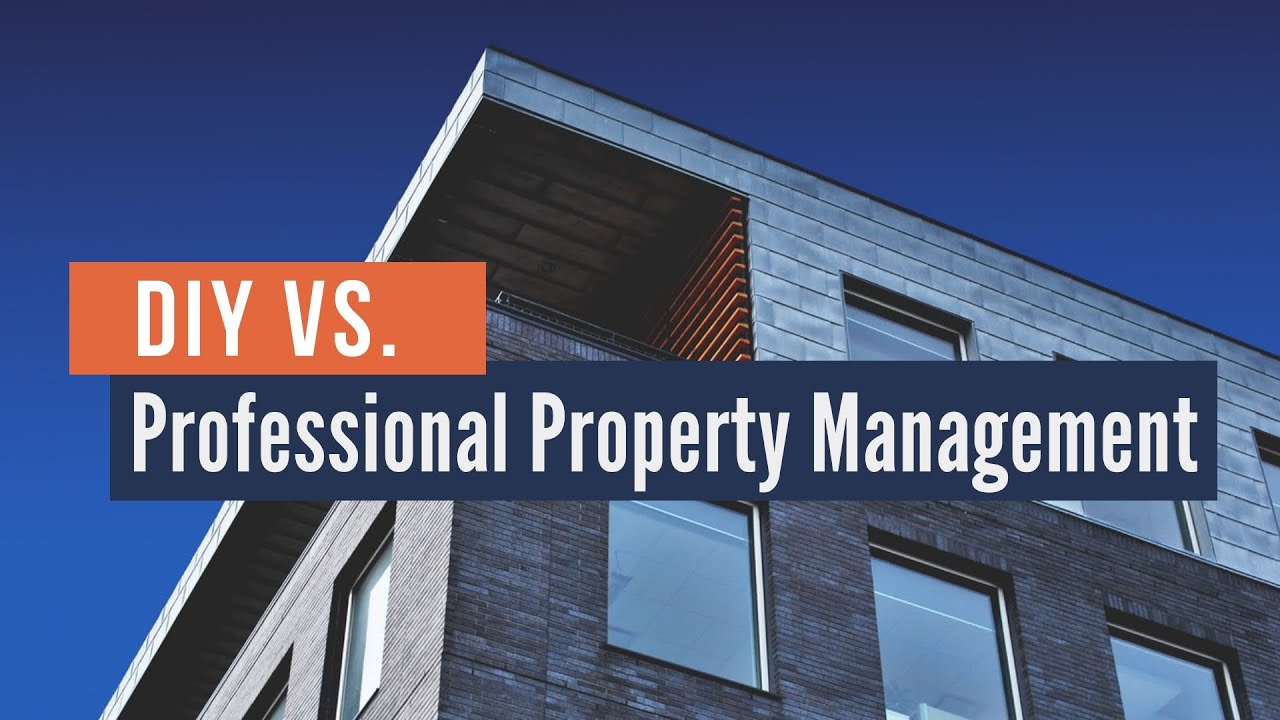
The Hidden Costs of Self-Managing Your Rental Property
Many property owners initially consider self-managing their rental investments. The allure is understandable: saving on property management fees. However, what often goes unconsidered are the numerous “hidden costs” that can quickly erode those perceived savings, leading to more headaches than anticipated. Beyond the obvious tasks, self-management can quietly chip away at your time, peace of mind, and even your potential for profit.
Let’s pull back the curtain on what those hidden costs truly are.
The True Cost of Your Time
You might think you’re saving money by not paying a manager, but have you truly calculated the value of your own time? Self-managing a rental property is not a passive endeavor. It’s a second job, often with unpredictable hours. Consider the time spent on:
-
Marketing & Showings: Crafting listings, responding to inquiries, scheduling and conducting multiple showings.
-
Tenant Screening: Background checks, credit reports, employment verification, calling references – each takes significant time and attention to detail.
-
Lease Preparation & Signing: Ensuring legal compliance and clear terms.
-
Rent Collection: Chasing late payments, depositing checks, managing online payment systems.
-
Maintenance Coordination: Finding reliable contractors, getting quotes, scheduling repairs, and overseeing the work.
-
Tenant Relations: Answering calls at all hours, handling complaints, mediating disputes.
-
Move-in/Move-out: Walk-throughs, cleaning coordination, security deposit reconciliations.
Each of these tasks, while seemingly minor individually, quickly adds up, diverting precious hours from your career, family, hobbies, or other income-generating activities.
The Weight of Stress
Beyond the clock, there’s the emotional toll. Property management can be incredibly stressful, especially when things go wrong. Imagine a late-night call about a burst pipe, a tenant who consistently pays late, or the anxiety of navigating an eviction process. The stress comes from:
-
Unpredictable Emergencies: Maintenance issues rarely happen at convenient times.
-
Tenant Disputes: Dealing with difficult personalities or conflicts between tenants.
-
Financial Worries: Gaps in tenancy, unexpected major repairs, or legal fees.
-
Legal Compliance Anxiety: The constant worry of inadvertently violating a housing law.
This ongoing stress can impact your health, relationships, and overall well-being, diminishing the joy you once found in property ownership.
Navigating the Minefield of Legal Risks
The legal landscape of rental properties is complex and ever-changing. Without a deep understanding, you could inadvertently expose yourself to significant financial and legal liabilities. Hidden legal risks include:
-
Fair Housing Violations: Even unintentional discriminatory practices can lead to costly lawsuits.
-
Eviction Procedures: Improperly handled evictions can result in severe penalties and protracted court battles.
-
Lease Agreement Errors: Missing clauses or unclear terms can weaken your position in disputes.
-
Security Deposit Laws: Strict rules govern how deposits are handled and returned; mistakes can lead to penalties.
-
Habitability Standards: Failure to maintain a safe and habitable living environment can lead to legal action.
-
New Regulations: State and local landlord-tenant laws are constantly evolving. Staying compliant is a full-time job.
A single misstep can cost far more than a year’s worth of property management fees in legal costs, fines, and lost rent.
Missed Opportunities for Growth
Finally, self-management can lead to a significant cost in terms of missed opportunities. A professional property manager does more than just maintain your property; they actively work to optimize its performance and grow your investment. When you self-manage, you might miss out on:
-
Optimal Rental Pricing: Lack of real-time market data can lead to under-pricing (losing income) or over-pricing (leading to vacancies).
-
Efficient Marketing: Professional managers use broad marketing channels to minimize vacancy periods.
-
Higher Quality Tenants: Expert screening processes lead to more reliable, longer-term tenants, reducing turnover costs.
-
Preventative Maintenance Savings: Proactive maintenance schedules save money by preventing small issues from becoming large, expensive problems.
-
Time for Portfolio Expansion: The time spent managing one property could be spent researching and acquiring additional, wealth-building investments.
The True Value of Professional Management
While the monthly fee for a property manager is an obvious expense, it often pales in comparison to the hidden, intangible, and sometimes devastating costs of self-management. Investing in professional property management isn’t just about outsourcing tasks; it’s about investing in peace of mind, legal protection, optimized profitability, and the freedom to focus on what truly matters to you. Before you decide to go it alone, consider the full picture of what self-managing truly costs.






